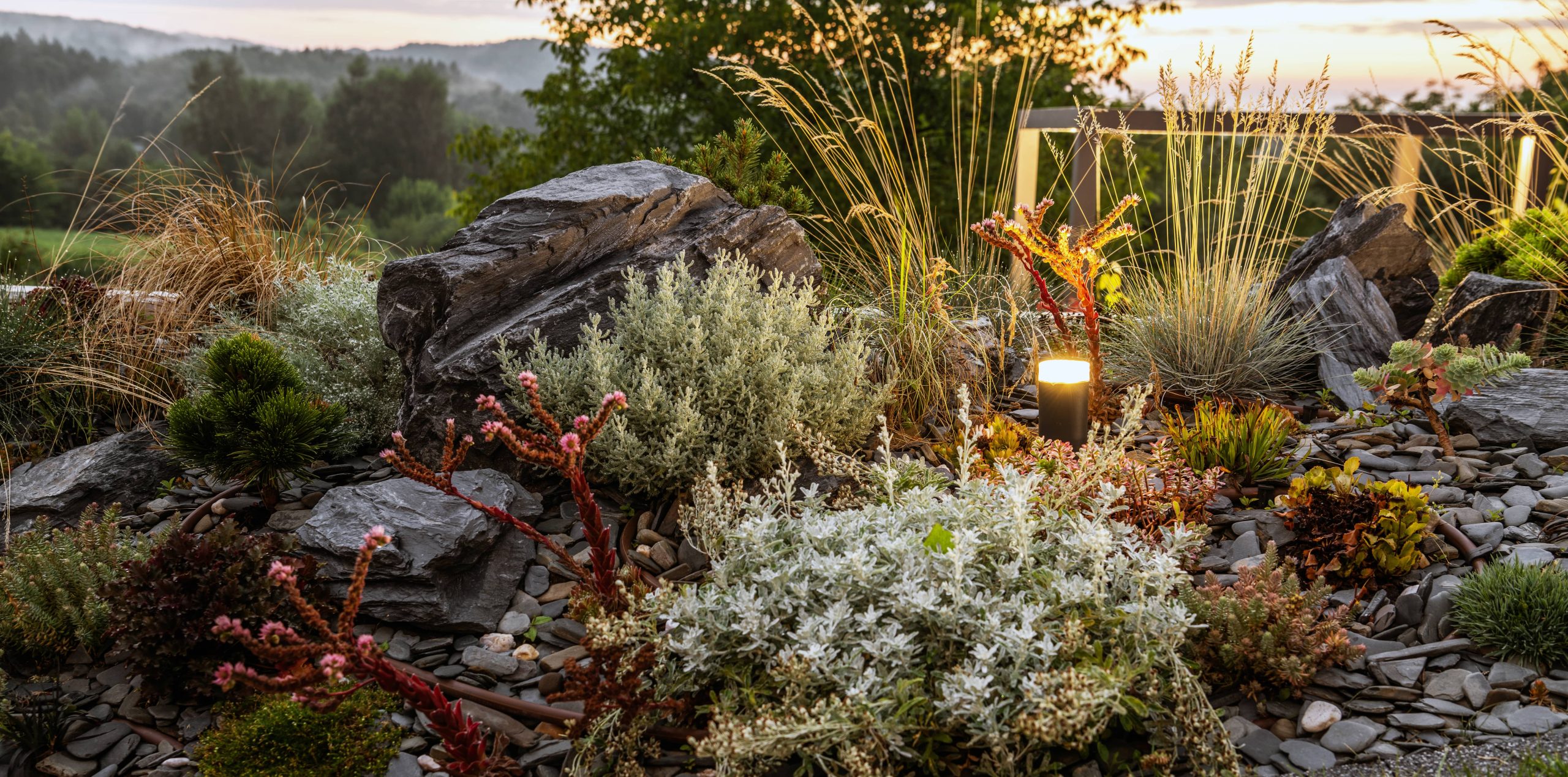
Gardening is a beloved pastime for many, blending the therapeutic appeal of working with the earth with the beauty of watching life bloom before your eyes. However, with every thriving plant comes a pesky challenge: weeds. These unwelcome guests not only compete with your plants for nutrients, water, and sunlight but also detract from the aesthetic appeal of your garden. The good news is, you don’t need to resort to harsh chemicals to keep your garden weed-free. Managing garden weeds naturally is both an environmentally friendly and effective way to maintain your garden’s health and beauty.
Understanding Weeds
Before delving into strategies for managing weeds, it’s beneficial to understand what they are. Weeds are simply plants growing where they’re not wanted. They are often opportunistic, thriving in disturbed soil and areas where other plants may struggle. Some common garden weeds include dandelions, crabgrass, clover, and chickweed. Many weeds spread quickly through seeds or runners, making them difficult to control once established.
Why Go Natural?
While chemical herbicides can be effective in managing weeds, they often come with a host of environmental and health concerns. Chemicals can leach into the soil and groundwater, harming beneficial microorganisms and potentially finding their way into the food chain. They can also pose risks to pets and children who frequent the garden. Natural weed management techniques offer a safer, more sustainable approach, preserving the ecosystem and protecting those who enjoy your outdoor space.
Natural Weed Management Techniques
1. Mulching
Mulching is one of the simplest and most effective natural weed control methods. By covering the soil with a layer of organic material such as straw, bark, wood chips, or even grass clippings, you can prevent sunlight from reaching weed seeds, inhibiting their growth. Mulch also helps retain soil moisture and adds organic matter to the soil as it breaks down, benefiting your garden plants.
2. Hand Pulling
While it might sound labor-intensive, hand pulling is a highly effective way of managing weeds, especially if your garden is small. Pulling weeds by hand ensures their complete removal, roots and all, preventing regrowth. For best results, try to pull weeds when the soil is moist, as this makes it easier to extract the entire root system without it breaking off and regrowing.
3. Boiling Water
For smaller patches or individual weeds, boiling water is a surprisingly effective solution. Carefully pour boiling water directly onto the weed, ensuring the entire plant is covered. The heat will effectively “cook” the weeds, causing them to wilt and die. This method is particularly useful in paths or driveways.
4. Vinegar Solution
Vinegar contains acetic acid, which can be used as a natural herbicide. A solution of vinegar (white or apple cider) sprayed directly onto the leaves of weeds can kill many types, especially young plants. Note that vinegar can also harm your desirable plants, so precision spraying is key, and it’s best to apply on a calm, dry day to avoid drift.
5. Salt
Salt can be another natural option, though it should be used judiciously as it can affect soil quality. Mix a ratio of three parts water to one part salt and apply it directly to the weeds. Be careful to avoid contact with the plants you wish to keep, and don’t use this method in areas where you intend to plant in the future.
6. Corn Gluten Meal
A lesser-known method, corn gluten meal can prevent weed seeds from germinating. When applied to garden soil, it acts as a natural pre-emergent herbicide. Sprinkle corn gluten meal across your garden early in the spring before weed seeds have a chance to germinate.
7. Regular Maintenance
Regular garden maintenance is crucial in keeping weeds at bay. Regularly inspect your garden for emerging weeds, and remove them promptly before they have a chance to seed and spread. Keeping your garden clean, tidy, and well-tended will discourage weed growth.
Cultivating a Weed-Resistant Garden
In addition to these removal strategies, cultivating a dense garden with healthy, robust plants can naturally reduce weed occurrences. Here’s how:
– Plant Densely
By planting flowers, shrubs, and vegetables close together, you reduce the available space for weeds to grow. Dense planting shades the soil, reducing the sunlight that reaches weed seeds and discouraging their growth.
– Cover Crops
Consider planting cover crops during the off-season. Cover crops like clover, rye, or vetch not only prevent soil erosion but also suppress weed growth by creating a physical barrier.
– Soil Health
Healthy soil is less inviting to weeds. Regularly enrich your soil with organic compost, well-decomposed manure, or green manure to promote the growth of your desired plants. Healthy, vigorous plants are better equipped to outcompete weeds for resources.
– Smart Watering
Only water the plants you want to grow, minimizing the amount of water reaching weeds. Use drip irrigation systems or soaker hoses to deliver water directly to your plants’ root zones, depriving weeds of the moisture they need to thrive.
Conclusion
Managing garden weeds naturally doesn’t have to be a daunting task. With a combination of preventive and removal strategies, a dedication to garden maintenance, and a focus on creating a healthy garden ecosystem, you can keep these pesky plants at bay. It’s both rewarding and satisfying to maintain a weed-free garden while knowing that your efforts are environmentally responsible. Not only will your garden thrive, but it will also serve as a testament to the power of sustainable practices and the beauty of a naturally balanced landscape. Happy gardening!







